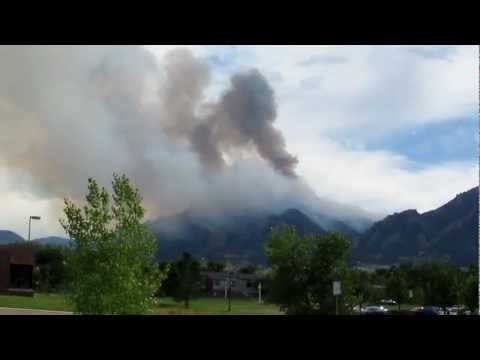I’m in Colorado, and I don’t think you can turn on the news anywhere in the country and not hear something about the unbelievable wildfires ravaging our beautiful state. Working at a humane society, we are always on the ready to help our community in the event of an evacuation in our area. We have a plan.
Yesterday, another wildfire broke out in our county, and animals started arriving from evacuated homes. We are already full because we’ve helped other shelters make room for evacuees from further north.
And then the phone rang. It was a veterinary clinic in a pre-evacuation area with 30-40 animals in their boarding kennel. Could they move their boarded pets to our shelter?
Another phone call: Can we take in the hospitalized patients from another clinic?
What’s tragic is that unfortunately, we couldn’t. Our role was to be available for evacuated citizens, and we were simply too full to take in boarded pets or additional hospitalized animals. We just don’t have that capacity.
Fortunately a couple of local emergency clinics stepped up to help. But, is YOUR practice ready to evacuate? Do YOU have an agreement with another clinic or boarding kennel that is out of harm’s way?
If you are in an area prone to floods, like much of Florida right now, do you have an understanding with a clinic or kennel that’s on higher ground? How will you transport your boarders and patients? Are you supplied with enough carriers? Do your boarding clients know where their dogs will be in the event of an evacuation?
If your “plan” is simply to reach out to your local shelter, that may not be an option. As of this morning, 30,000 residents in Colorado Springs have been asked to evacuate. The shelter in that city is at capacity, and shelter employees are among those who have lost their homes. What would your clinic do if it was in the path of a fire? Of a hurricane? Of a flood?
It’s hard to plan for everything, and I get it. The point is to plan.
There are many resources available to help you plan. AAHA, FEMA, even OSHA all have information on disaster planning. Make a plan. Share it with your team. Review it regularly. Know the drill.
And most of all … stay safe.

Picture from Boulder, CO 6/26/2012